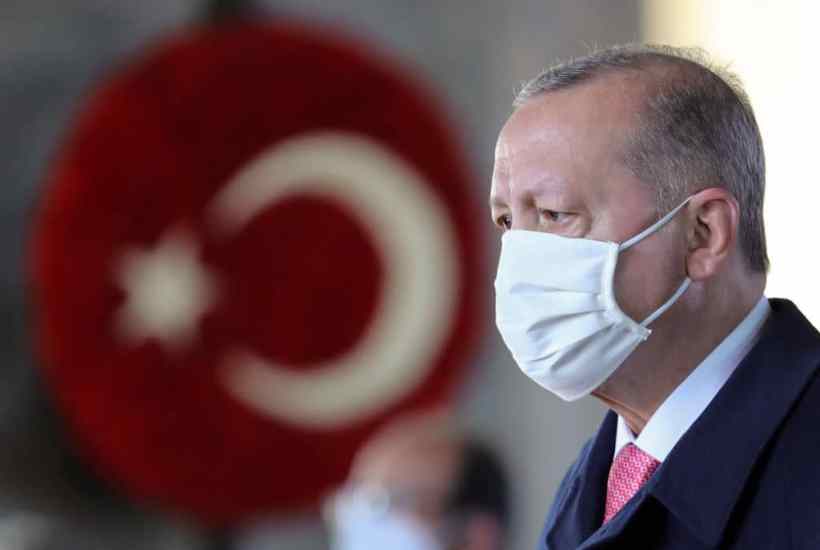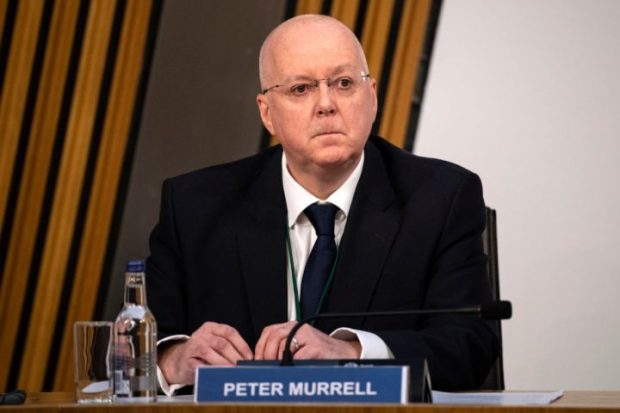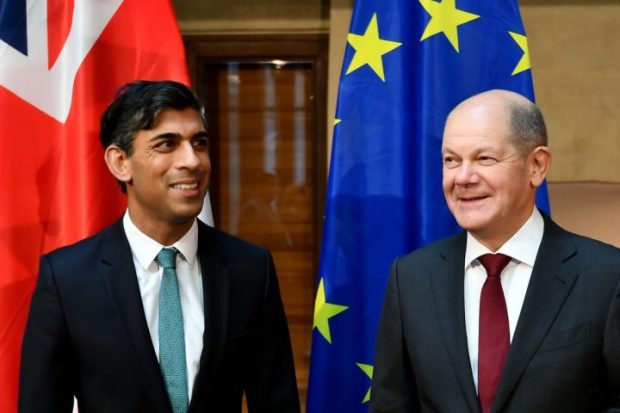President Erdogan’s aggressive foreign policy is what usually captures the attention of the international media, but it is at home where his biggest troubles now lie. Turkey’s currency, the lira, has tanked, hitting a record low of just over 13 lira to the dollar. Thousands of protesters will hit the streets in the coming days over the country’s turbulent economic situation. Erdogan finds himself embattled.
For now, Erdogan remains defiant. But the figures are brutal: since the beginning of the year, the Turkish lira has lost almost 40 per cent of its value. The minimum wage in Turkey, which was worth $556 (£417) at its highest, is now down to just $255 (£191).
This woeful economic situation has caused a dramatic surge in prices for many basic goods. Protests are brewing in the streets of Istanbul and Ankara. Is there a way out for Erdogan?
The lira’s dramatic decline has been blamed on the country’s central bank and its three consecutive interest rate cuts in recent months. But Erdogan’s own version of events is somewhat more colourful. Erdogan claimed in a speech this week that Turkey is fighting an ‘economic war of liberation’, that the fall in the value of the country’s currency is the result of manipulations from abroad, and that he has a plan to use the situation to the country’s advantage, making it a strong exporting economy. He has welcomed the drop in the lira’s value as a to boost exports, investments and jobs.
While it’s true that a promise by the United Arab Emirates to invest billions in Turkey halted the downfall yesterday, it seems to be little more than a drop in the ocean. The lira still remains close to a historic low. And despite Erdogan’s claims of outside intervention, the choices that have led to Turkey’s trouble should be placed directly at his party, the AKP’s, door.
Erdogan’s personal interventions in the country’s central bank policy have clearly made matters worse. Turkey’s president has consistently shown that he is ideologically opposed to higher interest rates, and has called them in the past the ‘mother and father of all evil’. His reasoning is that they stave off economic growth. ‘I reject policies that will contract our country, weaken it, condemn our people to unemployment, hunger and poverty,’ he said after a cabinet meeting recently.
The investment promised by UAE is definitely a card he can play with his party’s audience. But will that be enough to convince the country’s civilians, who find their purchasing power dramatically decreased in the space of less than a year?
For now, Erdogan will stick with his plan, perhaps waiting for a breaking point before he has to make a u-turn. Erdogan is a political survivor, an embattled strongman who has seen off coups. But Turkey’s dire economic situation could spell an end to his time in power.
Got something to add? Join the discussion and comment below.
Get 10 issues for just $10
Subscribe to The Spectator Australia today for the next 10 magazine issues, plus full online access, for just $10.




















Comments
Don't miss out
Join the conversation with other Spectator Australia readers. Subscribe to leave a comment.
SUBSCRIBEAlready a subscriber? Log in